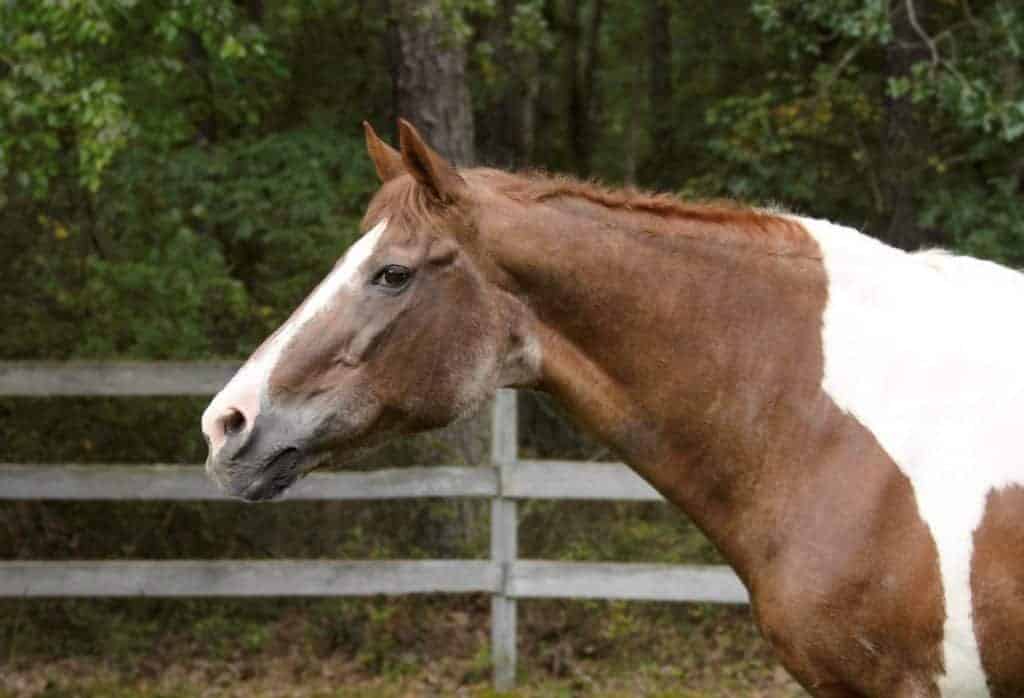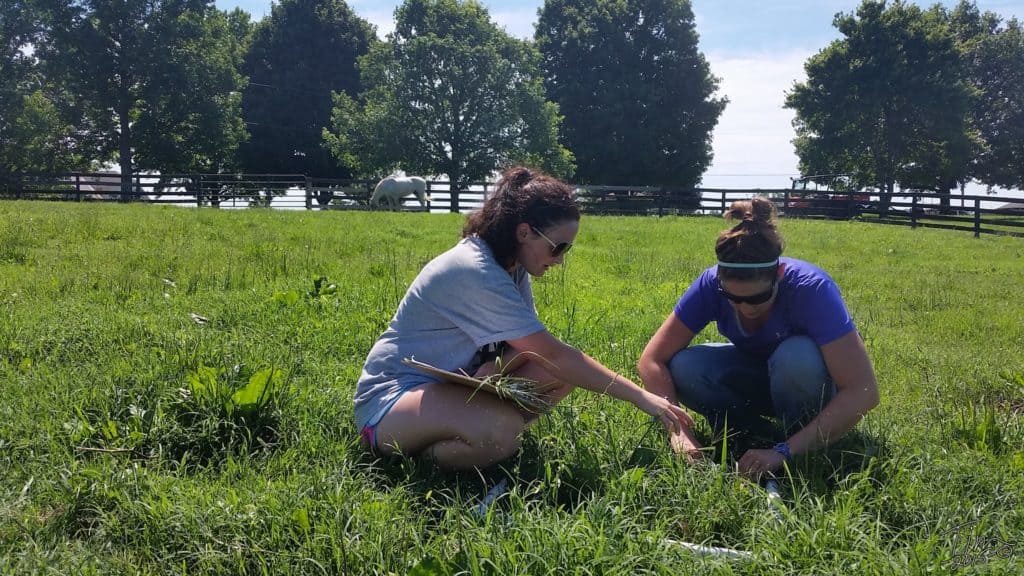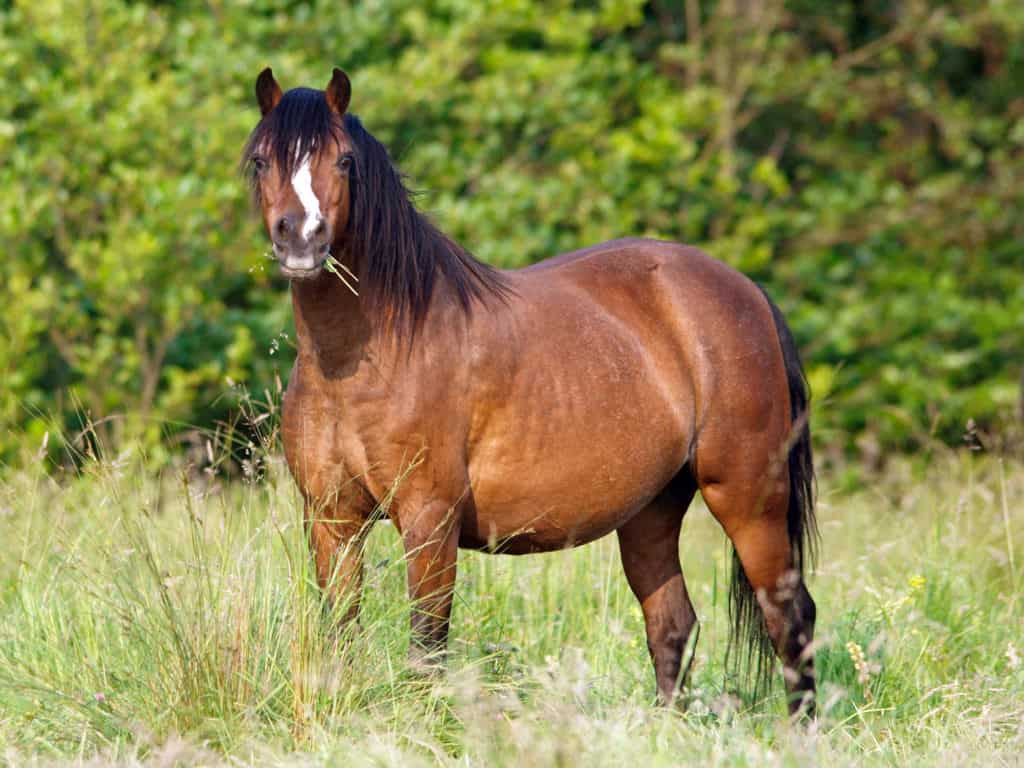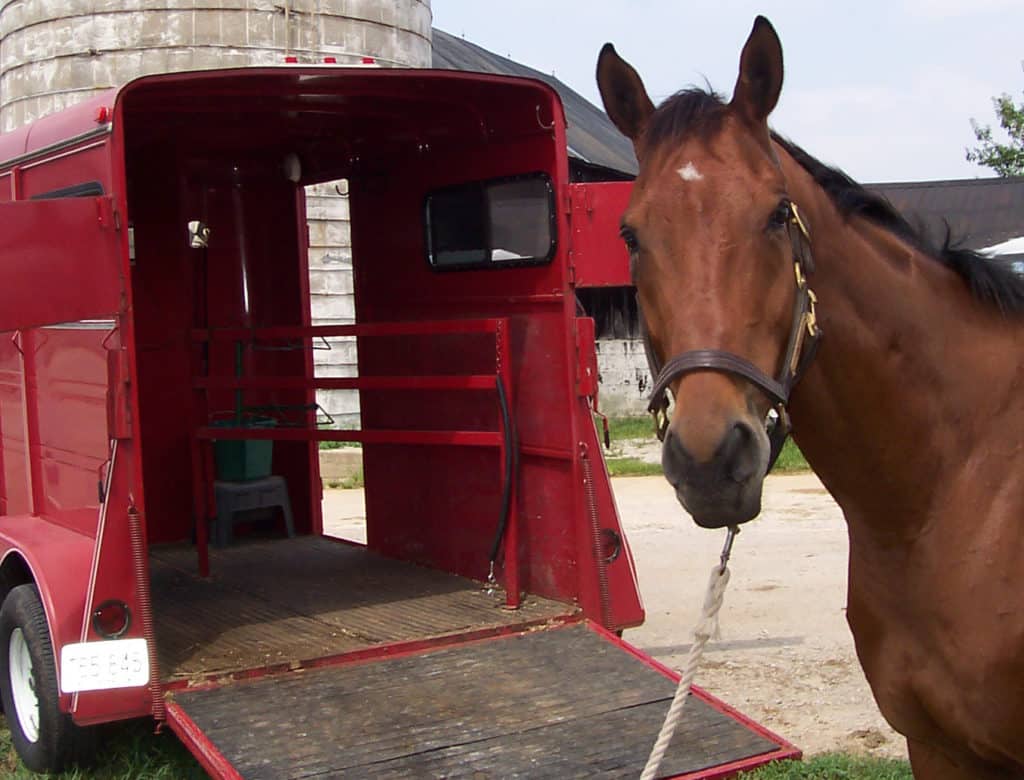
British Horse Owners Reminded to Act Against Ragwort
World Horse Welfare is reminding owners to remove potentially deadly ragwort plants from their horses’ fields.
Design and maintain a healthy horse operation

World Horse Welfare is reminding owners to remove potentially deadly ragwort plants from their horses’ fields.

An effective isolation area can help contain an infectious disease outbreak. Here’s what you need to know.

Is your parasite control program right for your horses? Find out and get your deworming questions answered!

This approach, featuring animal-based indicators, could help well-meaning owners detect equine welfare issues they might accidentally be overlooking at their own farms, researchers say.
The event will take place May 15 at The Red Mile Clubhouse, in Lexington, Kentucky.

Researchers are asking horse owners, managers, and riders to complete a survey about air quality, conditions, arena footing, and associated health outcomes in horses and humans.

While every horse needs quality air to breathe, senior horses are particularly at risk for respiratory diseases.

Pasture managers can take simple steps to develop a healthy root system and, in turn, a more resilient and productive pasture. Here’s how.

Here’s a non-toxic insect control approach that can work for anyone: Encourage insect-eating birds to move into your yards, pasture, and barn areas.
Speakers will present on cost sharing, weed control, rotational grazing, ryegrass, and maintaining healthy horses.

Participating farms receive detailed pasture assessments, including grass species composition and tall fescue analysis.

Take an inside look at the rules and regulations regarding importing horses to the United States solely for competition.

Researchers are working to help owners find ways to help their horses lose weight no matter their circumstances–from boarding facility set up issues to unsound horses that can’t be exercised.

A reader asks for suggestions for teaching or encouraging her mare to pee before getting in the trailer, and if it’s possible to break the mare’s trailer-peeing habit. Read Dr. Sue McDonnell’s answer!

Scientists hope an estimation of the forces applied to the ligaments and tendons can be used to test the soft-tissue structures’ strain when the limb is faced with variable footing and ground reaction forces.

Our equine nutritionist explains the differences between horse life-stage and feed types.
Stay on top of the most recent Horse Health news with
"*" indicates required fields